-
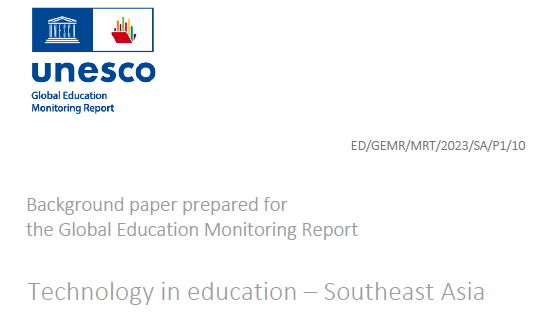
Technology in education: a case study on Thailand
This report examines Thailand’s educational challenges related to technology-enabled learning, including internet access, resource quality, and teacher competency. It emphasizes regional disparities, the need for equitable policies, child online protection, and declining education investment. Positive initiatives involve private sector collaboration and targeted programs for disadvantaged students, aiming to enhance educational quality.
-
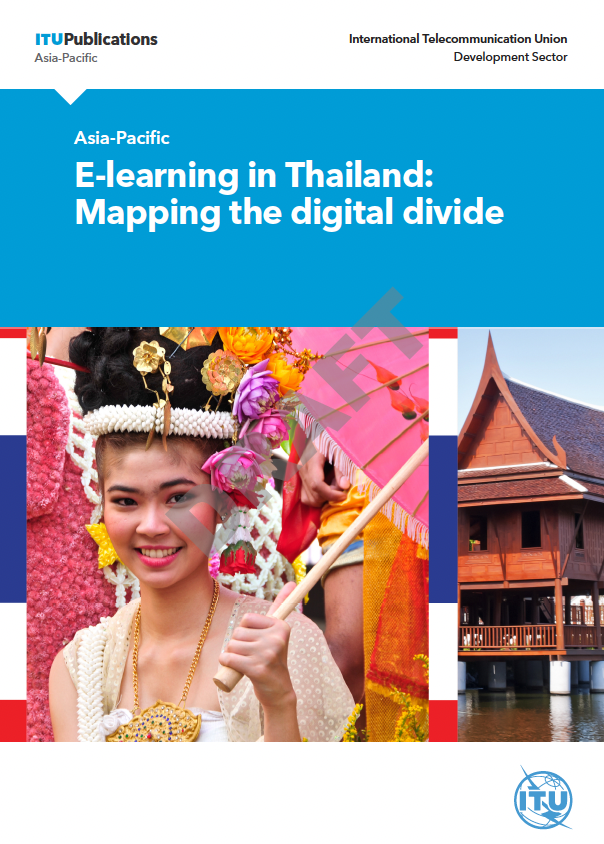
E-learning in Thailand: Mapping the digital divide
This study evaluates digital access among Thai students during the pandemic, revealing disparities in device availability and internet connectivity, particularly influenced by socioeconomic status. It emphasizes the need for improved data collection, equitable device distribution, and enhanced internet affordability to foster effective eLearning opportunities, ultimately recommending measures to bridge the digital divide.
-
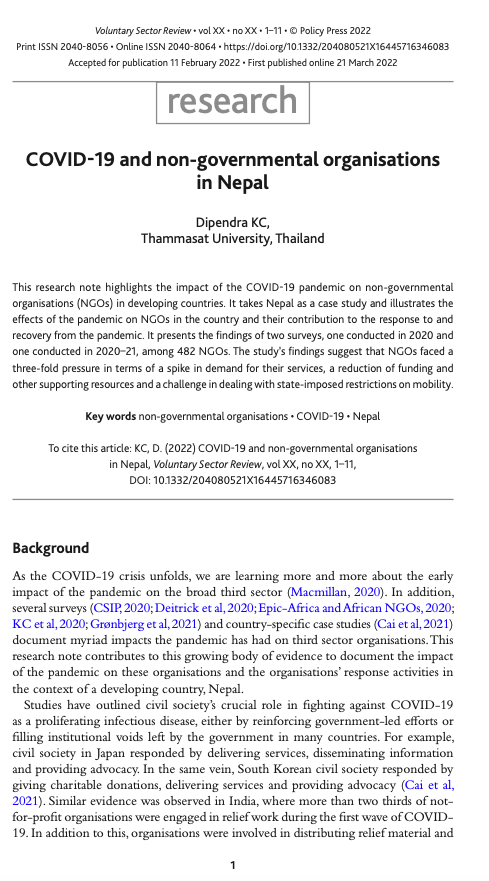
COVID-19 and non-governmental organisations in Nepal
This research note examines the effects of the COVID-19 pandemic on NGOs in Nepal, revealing how they encountered increased demand for services, decreased funding, and challenges from state restrictions. Based on surveys conducted among 482 NGOs in 2020 and 2020-21, it emphasizes their critical role in recovery efforts.
-
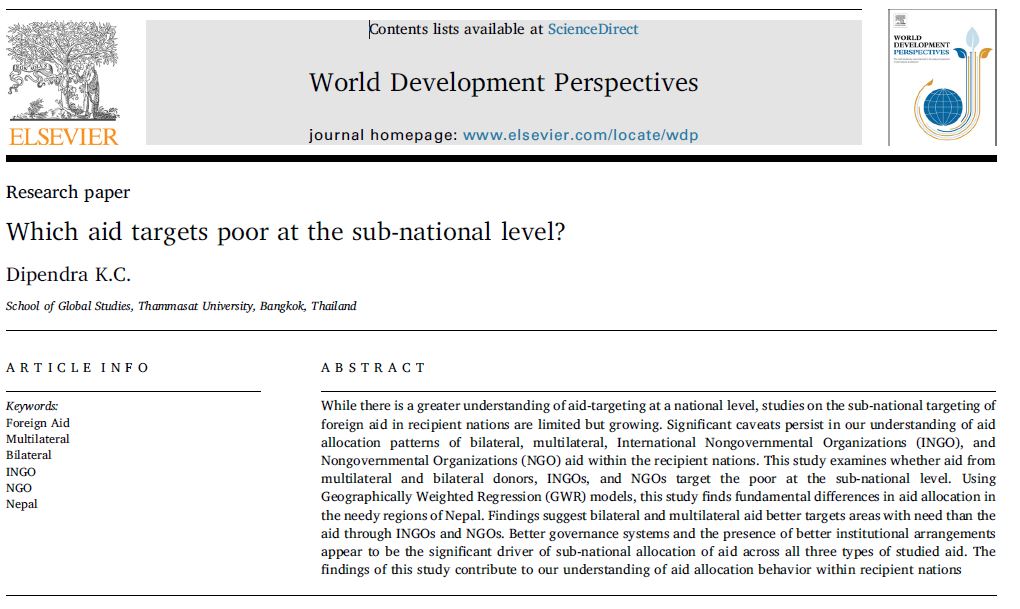
Which aid targets the poor at the sub-national level?
This study investigates sub-national targeting of foreign aid in Nepal, highlighting differences in allocation among bilateral, multilateral, INGO, and NGO aid. Using Geographically Weighted Regression models, it concludes that bilateral and multilateral aid more effectively reaches needy areas, with governance and institutional arrangements significantly influencing aid distribution.
-
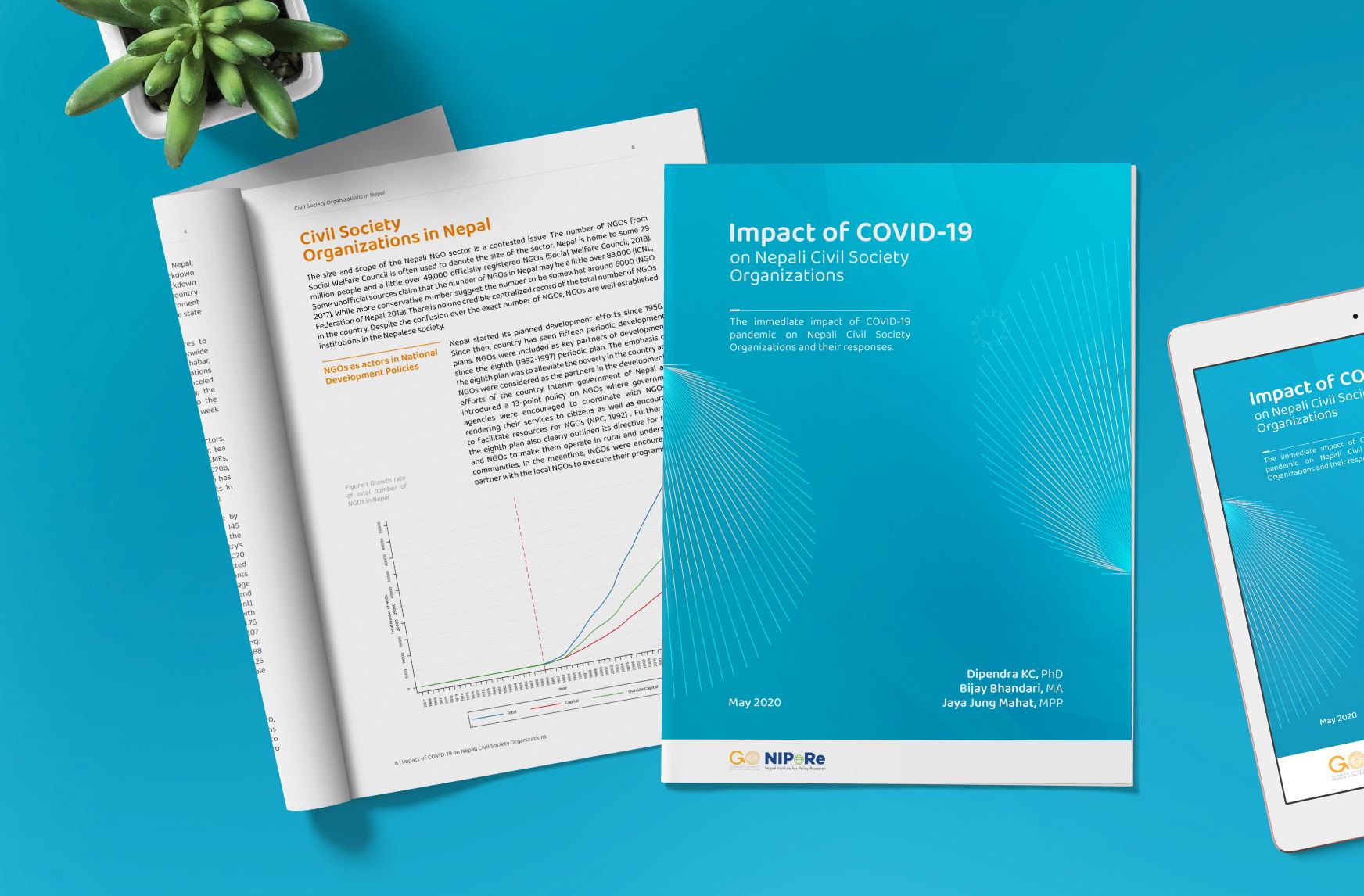
Impact of COVID-19 on Nepali CSOs
In April 2020, a nationwide study was initiated to assess the impact of COVID-19 on the capabilities of Civil Society Organizations (CSOs) in Nepal. Out of 488 invited, 235 organizations from various sectors participated, including NGOs, federations, and profit not distributing companies, representing diverse functional areas across all provinces.